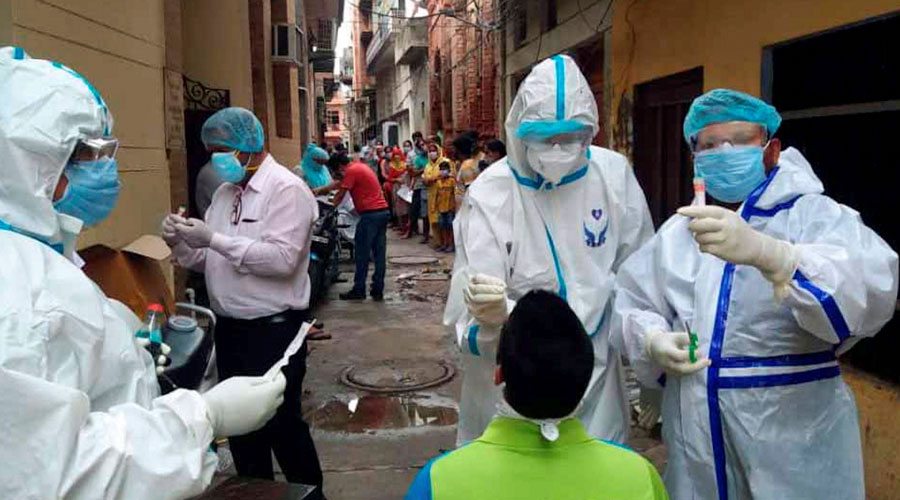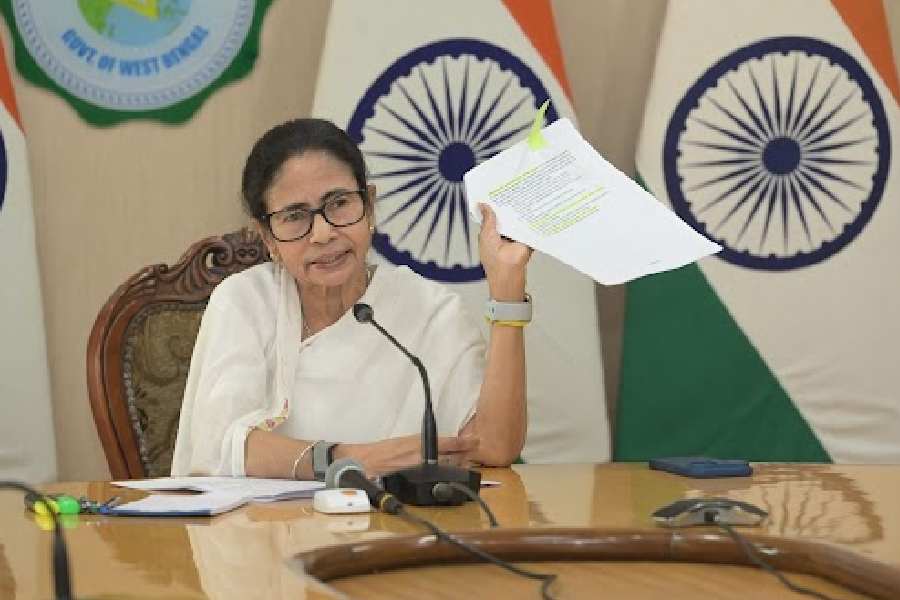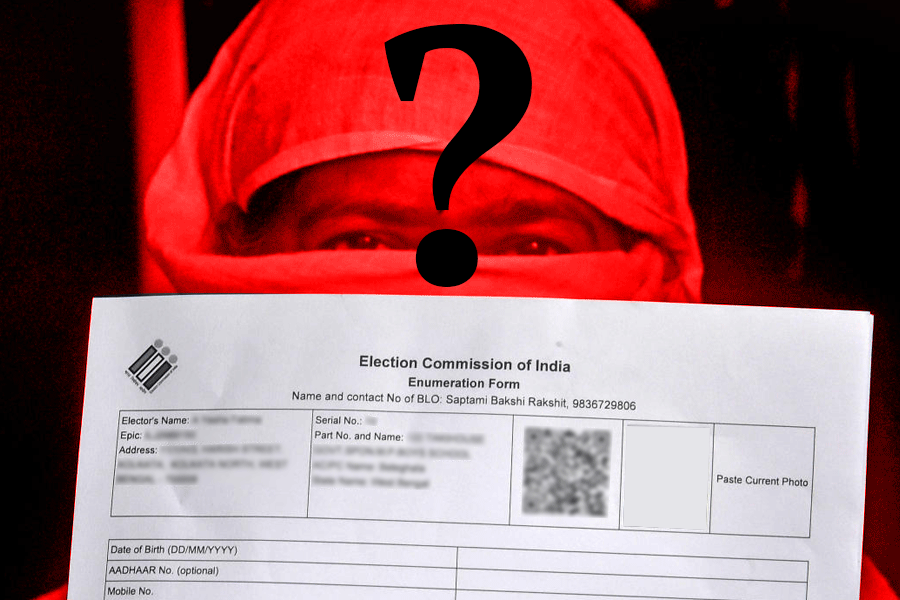Is a virus immortal? The question has been brought to light on account of the fact that medical science, the World Health Organization says, is yet to find a cure for the 200 or so pathogens that have emerged in the last 50 years. There is even speculation — the WHO has acknowledged the possibility — that the novel coronavirus is spreading through air. This will further challenge the ongoing vaccine trials. It is evident that for the time being, the world must learn to coexist with the contagion. Globally, governments are being forced to tailor strategies to cope with the new reality. Intensive testing, effective contact tracing as well as the strengthening of the healthcare sector would be fundamental to these containment strategies. But the first step should be the acknowledgement of the scale of the crisis. It seems that the pandemic has provided the State with a justification to shun accountability and transparency. Take, for instance, India’s case. The country with the third highest load of Covid-19 cases refuses to admit to community transmission. This could erode public trust in the government — a crucial factor in the management of any crisis — and promote a sense of complacency, which can be fatal. Holding the government to account and pushing it to adopt scientific policies ought to be integral to survival.
Another important aspect of India’s coexistence with Covid-19 would be the spirit of federalism. State governments are better placed to formulate localized strategies. The Centre, with greater resources at its disposal, must act as a facilitator by providing funds and infrastructure while appraising the performance of state governments. Worryingly, competitive populism has led to the sacrifice of public welfare at the altar of politics. For example, the Centre’s scrutiny of states ruled by the Bharatiya Janata Party’s political adversaries — Bengal and Maharashtra are among them — have, allegedly, been quite discriminatory. The revival of civic sensibilities — Calcutta sorely needs such a resurrection — may hold the key to people adhering to such norms as social distancing or the wearing of masks. Till an effective vaccine is found for the coronavirus, India must learn to live with it with the help of a seamless fusion among the national, regional and local imperatives.










